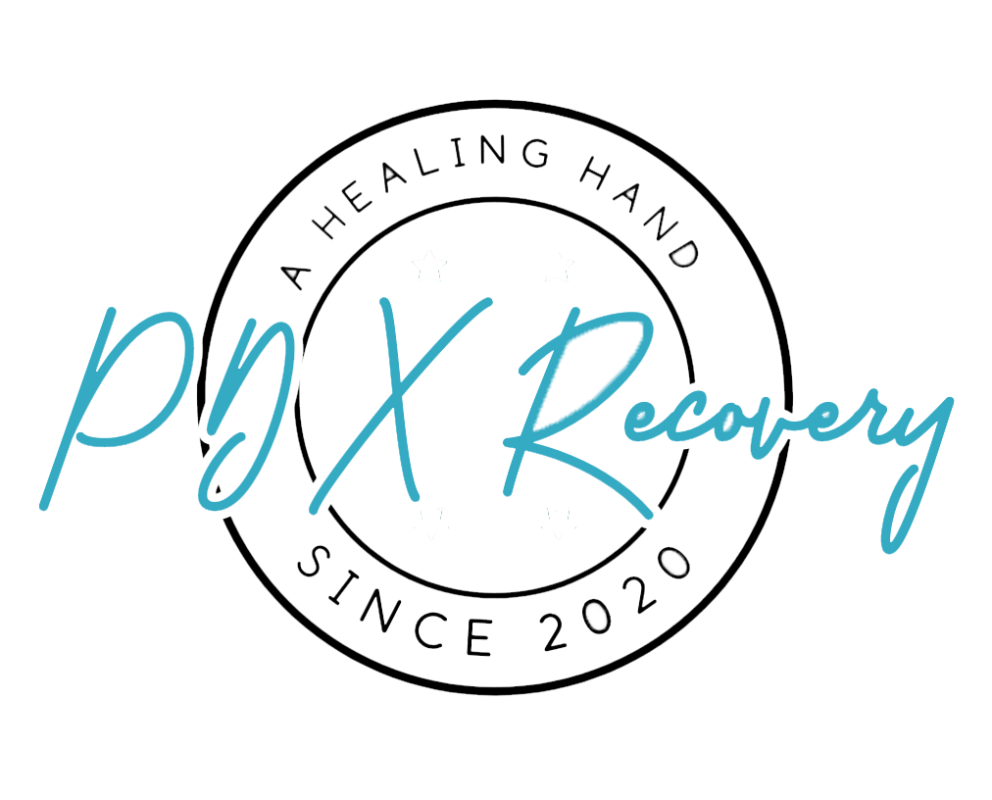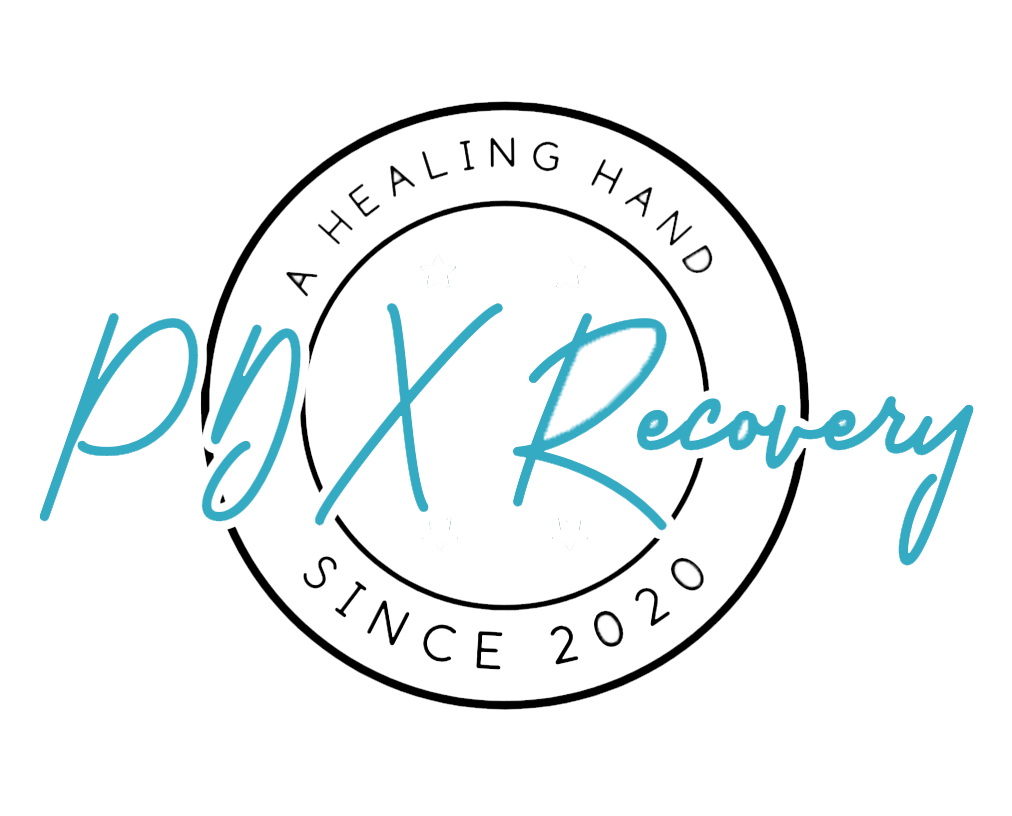
Exploring Treatment Options
When the shadows of substance use disorders loom, finding a beacon of hope and support becomes paramount. At PDX Recovery, we stand as that beacon for many, providing personalized care that encompasses a multitude of interventions and therapies aimed at fostering recovery and resilience. Our services, ranging from detox programs to intensive outpatient programs, are crafted to meet the diverse needs of our clients, offering a roadmap to recovery that respects the individuality of each person’s journey.
The Significance of Personalized Care
The journey to recovery is as unique as the individual embarking on it. Recognizing this, we prioritize personalized care plans that consider the specific circumstances and needs of our clients. Our approach integrates various therapeutic modalities, including cognitive behavioral therapy (CBT) and dialectical behavioral therapy (DBT), ensuring a comprehensive treatment spectrum that addresses not just the symptoms of substance use and mental health disorders but their root causes.
Addressing Co-occurring Disorders
Substance use disorders often walk hand-in-hand with mental health issues, a dual challenge that calls for a nuanced approach to treatment. Our expertise in managing co-occurring disorders enables us to craft treatment strategies that address both aspects, facilitating a more holistic recovery process. Through our partnership with accredited dual diagnosis treatment centers, we ensure that our clients receive the focused, specialized care they need for a successful recovery.
Navigating Treatment Options
Detox Programs:
Detoxification is the first step in the journey to sobriety, removing the physical dependence on substances. Our medically supervised detox programs provide a safe environment for this crucial phase, offering the necessary support to manage withdrawal symptoms and prepare for subsequent treatment phases.
Residential Treatment:
For individuals seeking an immersive treatment experience, our residential programs offer a structured environment dedicated to recovery. Here, clients can focus entirely on their healing, free from the distractions and triggers of everyday life, while receiving constant care and support.
Outpatient Programs:
Recognizing the need for flexibility, our outpatient programs provide a treatment option that allows individuals to maintain their daily commitments while receiving therapy and support. It’s an ideal choice for those transitioning from more intensive care levels or requiring a less immersive treatment approach.
The Role of Therapy in Recovery
Therapy sits at the core of our treatment philosophy, offering a path to understand and overcome the triggers of substance use and mental health disorders. Through individual and group therapy sessions, clients explore the emotional and psychological underpinnings of their disorders, developing coping strategies and resilience against relapse. Our therapists are skilled in a broad spectrum of modalities, ensuring that therapy can be tailored to the needs and preferences of each client.
Beyond Treatment: Fostering Lasting Change
The end of a treatment program does not signify the end of the recovery journey. Instead, it marks the beginning of a new chapter, one that requires ongoing support and commitment. At PDX Recovery, we understand this, which is why our care extends beyond the confines of our treatment centers. From relapse prevention strategies to support groups and family counseling, we provide the tools and resources necessary for lasting wellness and sobriety.
Why Choose PDX Recovery?
Opting for PDX Recovery means choosing a partner committed to your recovery and well-being. Our evidence-based approach, combined with our deep understanding of the complexities of addiction and mental health disorders, positions us as a leader in the treatment field. With facilities across Portland and surrounding areas, our accessibility ensures that high-quality, compassionate care is never far away.
- Comprehensive care tailored to individual needs
- Expertise in treating co-occurring disorders
- Flexible treatment options to suit every lifestyle
- A compassionate, experienced team dedicated to your recovery
In the words of a client who found solace and strength within our walls, “PDX Recovery didn’t just treat my addiction; they helped me rediscover my passion for life. Their personalized approach made all the difference.” It’s this transformative experience that we aim to provide to each individual who walks through our doors, embarking on a journey toward recovery, health, and happiness.
Getting Started
Embarking on the road to recovery requires courage, and choosing the right partner for that journey is crucial. If you or a loved one is grappling with addiction or mental health issues, PDX Recovery is here to offer the support, care, and guidance needed to navigate this challenging path. Contact us today to learn more about our treatment centers in Portland Oregon and how we can help you or your loved one take the first step towards a brighter, healthier future.

What makes personalized care in addiction treatment so significant?
One of the cornerstones of effective addiction treatment is recognizing that each journey toward recovery is as unique as the individual themselves. At the heart of our approach is personalized care, which means creating a treatment plan that addresses the specific circumstances, challenges, and needs of each client. This individualized approach is not just about treating the symptoms of addiction or mental health issues; it’s about digging deeper to understand the root causes and triggers, ensuring a more sustainable path to recovery. For instance, where one person may benefit greatly from cognitive behavioral therapy, another might find dialectical behavioral therapy more effective. By tailing our strategies to each person, we see a marked improvement in engagement and outcomes.
How do you approach the challenge of co-occurring disorders in treatment?
Co-occurring disorders, where an individual suffers from both substance use and mental health disorders, present a complex challenge that demands a nuanced treatment strategy. Our approach integrates care for both conditions concurrently, recognizing that they often feed into and exacerbate each other. By partnering with accredited dual diagnosis treatment centers, we’re able to offer specialized care that addresses both the addiction and the mental health disorder simultaneously. This holistic view ensures that recovery is comprehensive, tackling the intertwined issues head-on. Imagine someone dealing with depression alongside alcoholism; treating one while neglecting the other is akin to fixing only one side of a leaking boat.
How do you ensure flexibility in your treatment options?
Understanding that recovery doesn’t come in a one-size-fits-all package, we’ve designed our services to offer flexibility to meet the varied needs of our clients. From medically supervised detox programs to intensive outpatient programs, we offer a spectrum of care that allows for adjustments based on individual progress and changing needs. For example, a client may start in a residential treatment setting and then move to an outpatient program as they regain independence. This adaptability ensures that each person’s treatment journey is not only effective but also manageable alongside their daily life, making recovery a part of living rather than a pause from it.
What is the role of therapy in the recovery process?
Therapy is the cornerstone of our treatment philosophy, providing a pathway through which clients can explore the emotional and psychological aspects of their disorders. Through a mix of individual and group therapy sessions, clients gain insights into their behavior patterns, triggers, and coping mechanisms. It’s in these sessions that the transformative work happens; clients develop resilience against relapse and build a toolkit of strategies for managing stress and emotions. A powerful moment in therapy might involve a client connecting past trauma to current substance use, a breakthrough that paves the way for healing and recovery.
How do you provide support beyond the conclusion of a treatment program?
Completing a treatment program is a significant achievement, but it’s just the beginning of the journey toward lasting change. We extend our care beyond the confines of our programs through relapse prevention strategies, support groups, and family counseling. This ongoing support network plays a crucial role in maintaining sobriety and wellness over the long term. It’s like building a safety net, ensuring that the progress made during treatment is sustained through real-life challenges. For instance, joining a support group can provide a sense of community and belonging that bolsters an individual’s resilience against relapse.
Why should someone choose your treatment center?
Choosing us means partnering with a team deeply committed to not just your recovery, but your overall well-being. Our evidence-based approach, coupled with a comprehensive understanding of the complexities of addiction and mental health, sets us apart. We’re not just treating symptoms; we’re invested in helping you rediscover your passion for life. Our accessibility, with multiple locations and flexibility in treatment options, ensures that high-quality care is always within reach. Hearing from a former client, “They helped me rediscover my passion for life,” encapsulates the transformative journey we strive to provide for every individual who walks through our doors.
How can someone get started with treatment at your centers?
Taking the first step toward recovery requires courage, and we’re here to support you through every step of that journey. Getting started with us is as simple as reaching out through our contact methods. Whether you’re seeking help for yourself or a loved one, our compassionate team is ready to provide the support, care, and guidance needed to navigate the path to recovery. We’ll discuss your specific needs and concerns, providing clear information on how our programs can help. Remember, reaching out for help is a sign of strength, and it’s the first step toward a brighter, healthier future.
Resources
- Substance Abuse and Mental Health Services Administration (SAMHSA) National Helpline – SAMHSA provides free and confidential information and treatment referral for individuals and families facing substance abuse and mental health disorders.
- National Alliance on Mental Illness (NAMI) – NAMI is a grassroots mental health organization dedicated to providing support, education, and advocacy for individuals and families affected by mental health conditions.
- National Institute on Drug Abuse (NIDA) – NIDA is a federal government research institute focused on advancing science on the causes and consequences of drug use and addiction.
- American Psychiatric Association – The American Psychiatric Association is a professional organization representing psychiatrists in the United States, working to ensure humane care and effective treatment for individuals with mental disorders.





